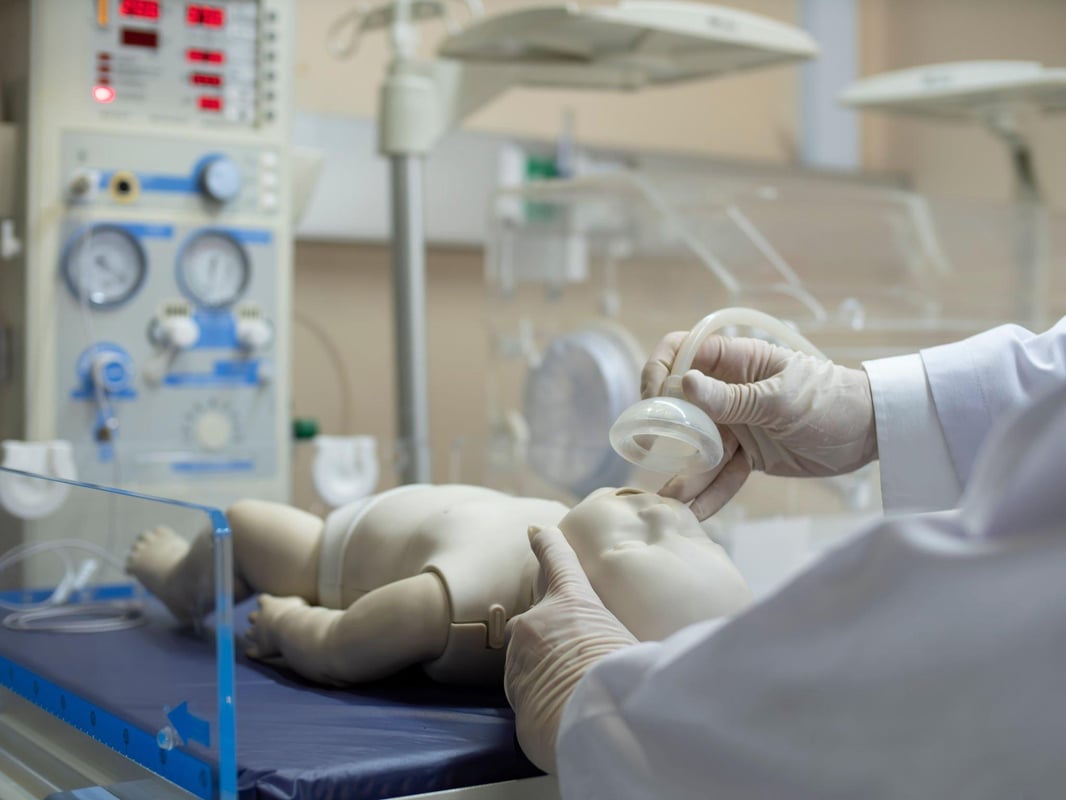
Financial aid (may be available)

Financial aid (may be available)

Financial aid (may be available)

Financial aid (may be available)
$276 total
$2,075 total
$270 total
$410 total
$365 total
$150 total
No cost info
$285 total
$150 total
No cost info
The field of healthcare is vast and diverse, and one area that offers a rewarding career path is Pediatric Advanced Life Support (PALS). This post aims to provide a comprehensive guide to finding PALS classes in San Antonio and what you can expect from this vocational training program. The focus will be on the training requirements, what to look for in a class, what the day-to-day class looks like, the certification process, how to find related jobs, and what other classes someone can take after becoming PALS certified.

Pediatric Advanced Life Support (PALS) is a system of protocols and procedures designed to assist healthcare professionals in providing immediate and effective treatments to critically ill children. The goal is to stabilize the child's condition and ensure they receive the best possible care. PALS training equips healthcare workers with the skills and knowledge they need to provide advanced life support procedures in emergency situations.
Before enrolling in a PALS class, you must first meet specific prerequisites. These include:
Basic Life Support (BLS) certification: You must have an active BLS certification. This ensures that you have the foundational knowledge required for advanced life support procedures.
Medical terminology knowledge: Familiarity with medical terms and concepts is crucial in understanding the PALS curriculum.
Clinical experience: Having hands-on experience in a clinical setting can be beneficial, but it's not always required. It can, however, help you understand the practical applications of the PALS curriculum.
Choosing the right PALS class is crucial for your learning journey. Here are some things to consider:
Accreditation: Make sure the program is accredited by a recognized body, such as the American Heart Association (AHA). This ensures you receive quality education that meets industry standards.
Experienced instructors: Look for classes taught by experienced healthcare professionals. They can provide real-world insights and practical advice.
Interactive learning: Choose classes that include interactive learning experiences like hands-on simulations or role-playing. These can help you grasp the concepts better.
PALS classes vary in format and schedule, but most will include a mix of lectures, interactive discussions, and hands-on training. Topics covered typically include pediatric assessment, basic life support, and advanced life support techniques, among others. You'll also learn about teamwork and communication in a high-stress medical environment.
Once you've completed your PALS class, you'll need to pass a written exam and a skills test to become certified. The written exam tests your theoretical knowledge, while the skills test measures your ability to apply what you've learned in real-life scenarios. Remember that certification isn't a one-time event. You'll need to renew your PALS certification every two years to keep your skills up to date.
After obtaining your PALS certification, you can start exploring job opportunities in areas such as emergency departments, intensive care units, and pediatric facilities. Websites like Dreambound provide a platform for students to find vocational training programs and job opportunities in healthcare.
Once you're PALS certified, there are other vocational training programs you might consider to further your career. For instance, you may want to become a Certified Medication Aide or a Pharmacy Technician. These programs can help you expand your skill set and open up more career opportunities.
Continuing education is key for healthcare professionals. Keep up with the latest research and developments in the field. Consider taking refresher courses or workshops to keep your skills sharp.
Networking can open doors to new opportunities. Attend local healthcare events, join online forums, or become a member of professional organizations.
Consider furthering your education to advance your career. Perhaps you may want to become a Medical Sonographer or a Respiratory Therapist. Both offer opportunities for growth and career advancement.
Volunteering gives you a chance to apply your skills in real-world settings. It's also a great way to give back to your community and gain experience.
Choosing to become PALS certified is a commendable step towards a rewarding career in healthcare. Despite the challenges, the rewards are immense, and the experience you gain will be invaluable. Remember, the journey doesn't stop at becoming PALS certified. Continuous learning and growth are key in this ever-evolving field. Use platforms like Dreambound to find the right training programs and opportunities for you.
Consider Dreambound as a valuable resource if you're thinking about getting started in this field. We've written many guides to help with the different parts of the certification process across the country:
Dreambound's platform allows prospective students to find the right educational program for them through searching, filtering, and connecting with our extensive selection of career & technical education partners.
Dreambound has over 70 programs across healthcare, technology, business, and industrial trades. This includes programs such as Medical Billing, Cybersecurity, and welding.
Some of our schools offer financial aid for those who qualify. Many others offer payment plans, where you can pay the cost of class over time.
Yes, Dreambound offers many online programs. On Dreambound's search, you can filter by online, in-person, and hybrid (part online, part in-person).
Dreambound is completely free for you to use! We are supported by schools and organizations who pay to advertise on our website, so we can offer all of our career resources for free.